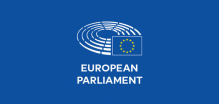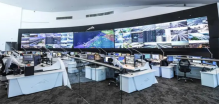It was announced that former Democratic presidential candidate Martin O'Malley will serve as chairman on the advisory council - which according to the Metro-Lab Network will seek to provide advice to city and university members currently pursuing technology projects which are orientated and focused around data, transportation, energy, civic engagement and emerging technologies.
Chairman of the newly-formed council Martin O'Malley said in a statement issued to the press, "Partnerships across sectors will drive urban innovation. We are thrilled to have leaders from government, academia, industry, and non-profit helping guide our activity at MetroLab. Our city and university members will be well-served by their experiences, activities and insights."
In June of this year, O'Malley appeared at the Smart Cities Innovation Summit in Austin, Texas, and stated that citizens of cities today are exhibiting higher levels of trust thanks to initiatives around the nation that take on issues of transparency and connectivity.
A white paper published by the group called City-University Partnerships for Urban Innovation outlines what an ideal relationship between a university and city looks like. In the MetroLab Network model, partnership provides a direct channel between universities that research and develop emerging technologies to cities that need more technical expertise than what their budgets alone permit.
As of publication, the network is comprised of 38 cities, 4 counties and 51 universities across 35 regional partnerships. A partnership between Burlington, Vermont, and the University of Vermont, for instance, will identify metrics that can be used to create a citywide urban planning initiative. The MetroLab Network project library contains dozens more case studies that showcase the work of its members.


















